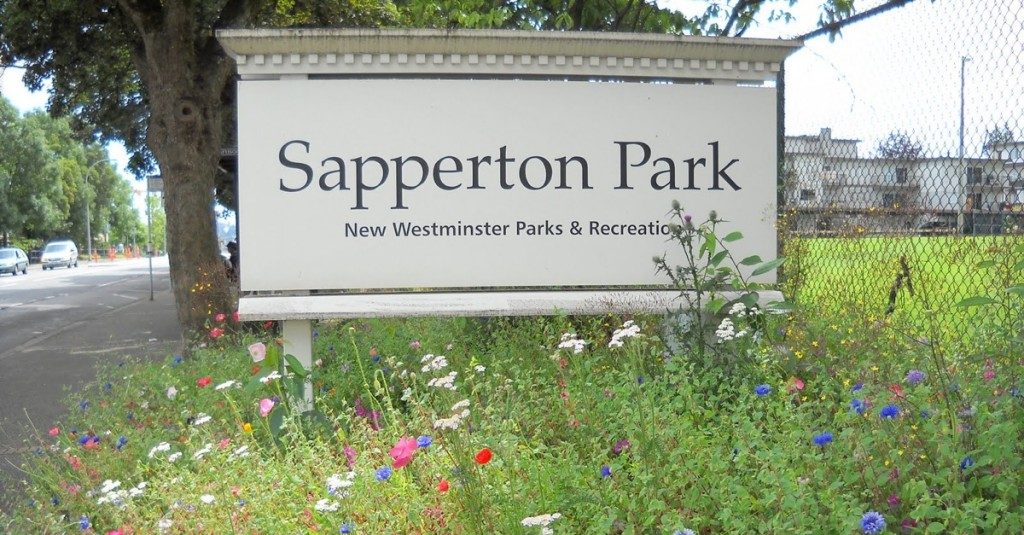
Coquitlam area particularly unaffordable for low-income families
By Cazzy Lewchuk, Staff Writer
A recent study released by the BC Non-Profit Housing Association states the increasing difficulty of affordable rent in the Fraser Valley and Coquitlam.
Although rent for Metro Vancouver is notoriously high all around the region, affordability for family units is particularly difficult. Tony Roy, CEO of the association, claimed that the study, compiled from updated information from the 2011 status, was the most comprehensive data gathered about rental housing in the province to date.
Housing affordability is classified as 30 per cent or less of a renter’s income. The data suggests that three-quarters of all single mothers in the Coquitlam area spend more than 30 per cent, with a full 47 per cent spending more than half of their income. The average cost of a two-bedroom suite in Coquitlam is $1,160, compared to $861 in Abbotsford, and $994 in Surrey.
A full-time minimum wage job in BC pays $1,680 a month. Paying the rent on a two-bedroom house in Coquitlam—the space large enough for a two-person family unit—leaves the earner with just $520 to cover food, utilities, transit, and other necessities for the month.
The high prices are most likely to affect low-income residents, in addition to single mothers, seniors, youth, and Aboriginal people oftentimes fall into the housing unaffordability bracket. The study also revealed that nearly half of all renters in BC spend more than 30 per cent of income on housing—with a full 24 per cent spending over half of their incomes.
Reasons for the unaffordability in the area include a lack of new housing and government subsidization, driving up the value of existing rental units. Another factor is the high turnover rate for both tenants and landlords, leading to lack of rent control, which often results in new landlords charging higher prices to new tenants. In particular, Coquitlam has had several housing units destroyed to clear way for rapid transit projects, explaining its specific highlight in the study.
In a statement to the Globe and Mail, Roy explained: “Our figures are gross incomes, so if you are spending 30 per cent to 40 per cent on taxes and another 50 per cent on rent it doesn’t leave much to do anything in the economy. All you can do is keep a roof over your head and then visit the food bank a few times a month to try and make it through. And that’s what’s happening.”

